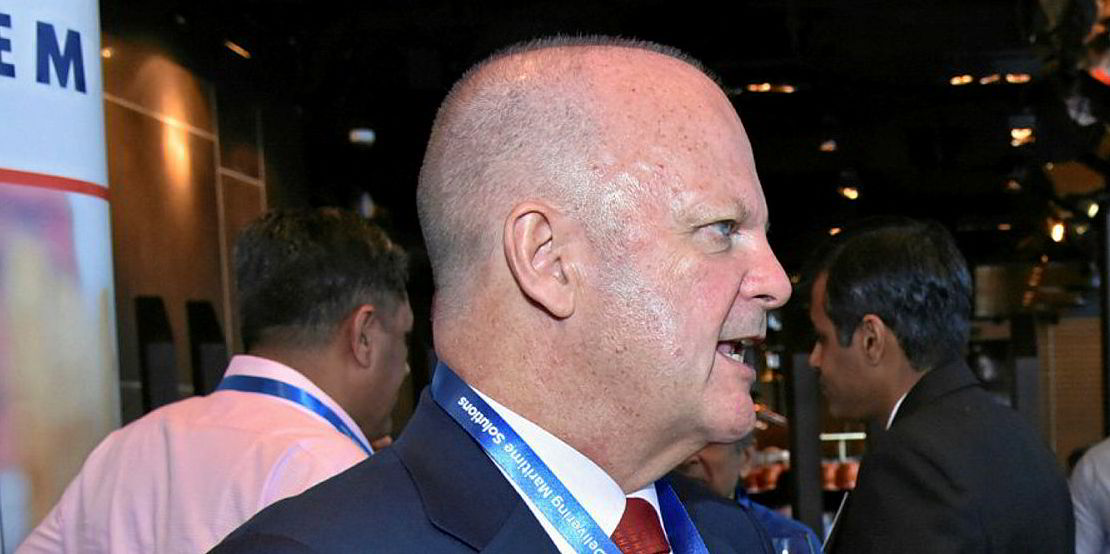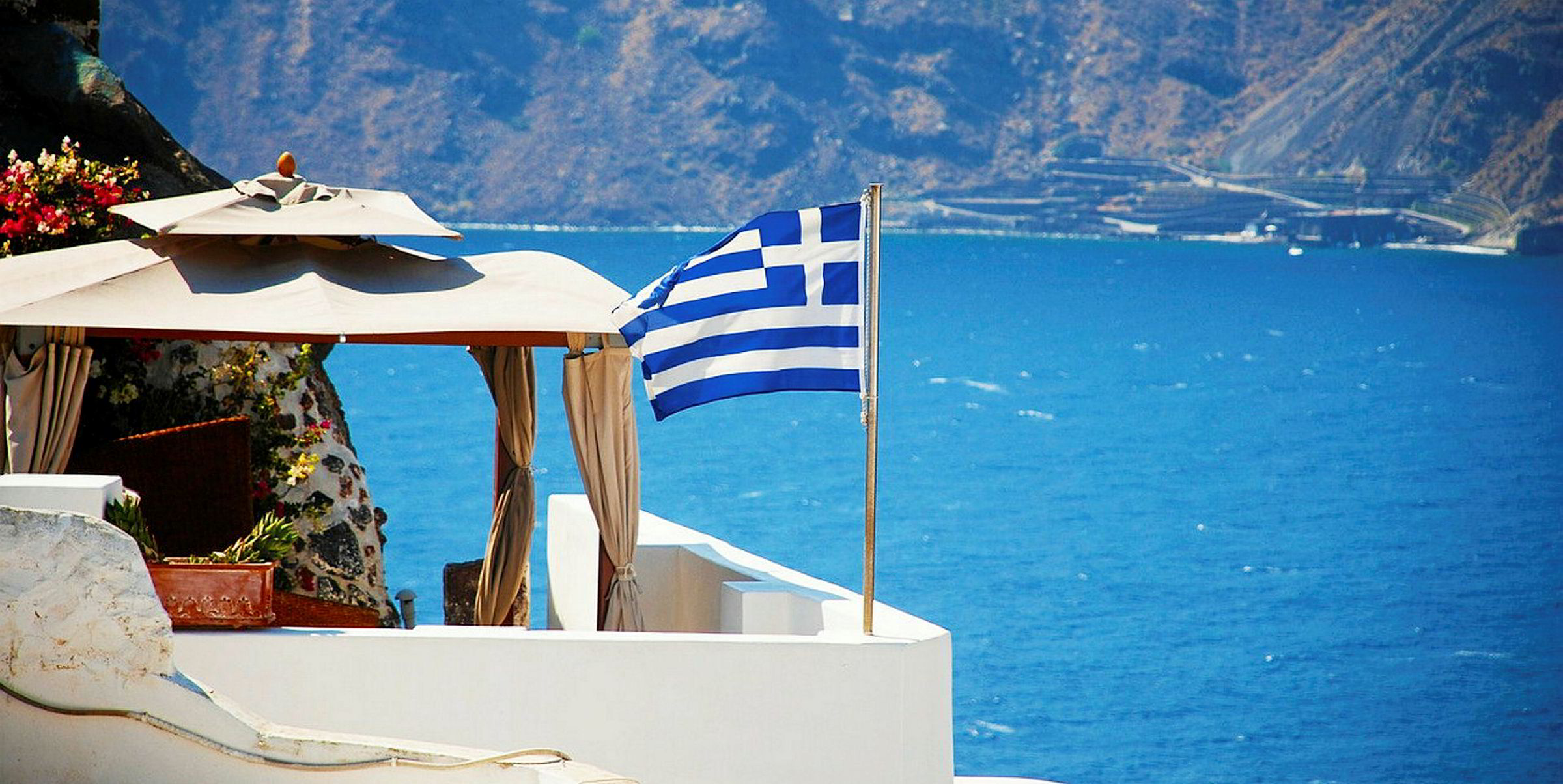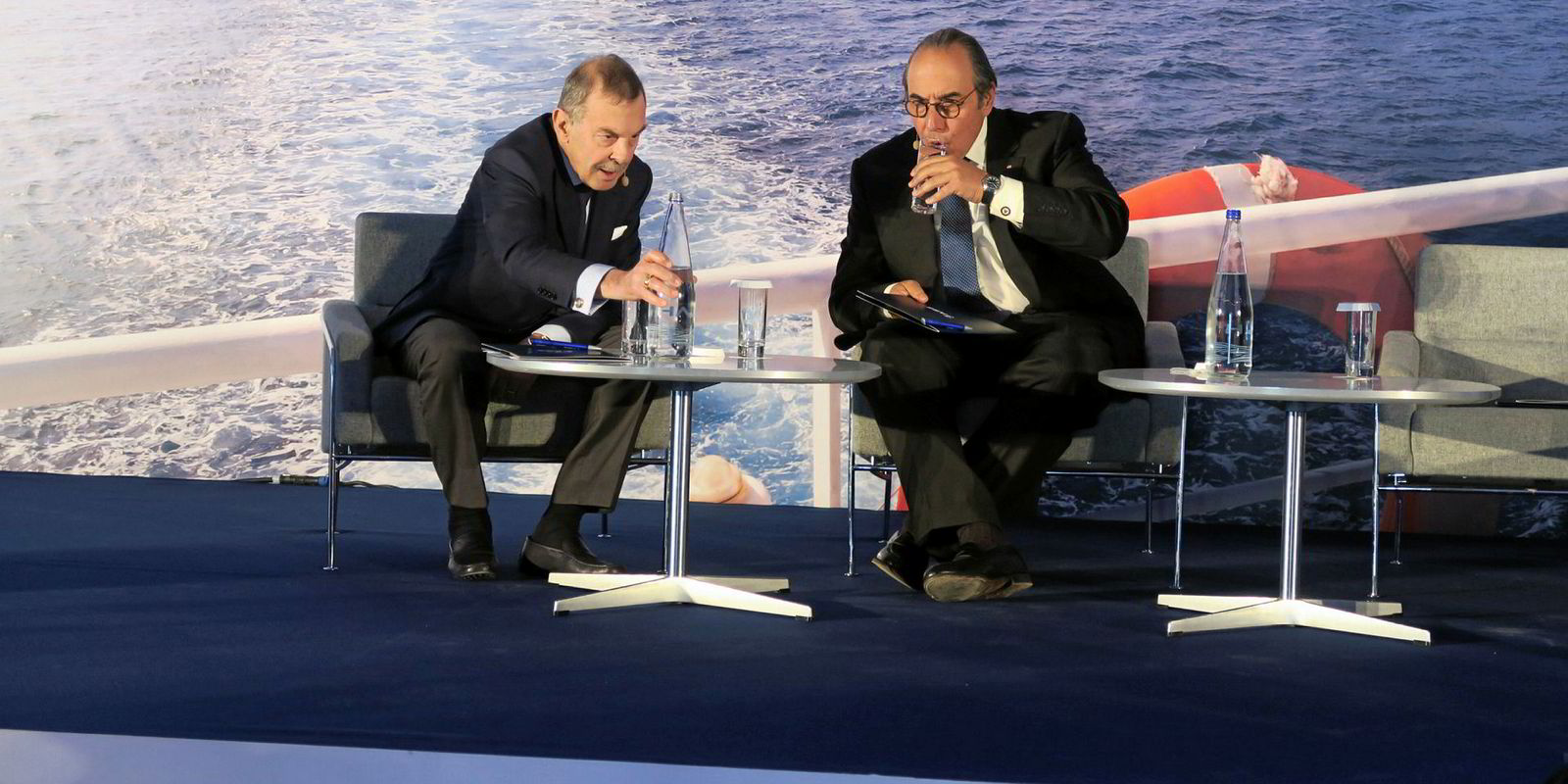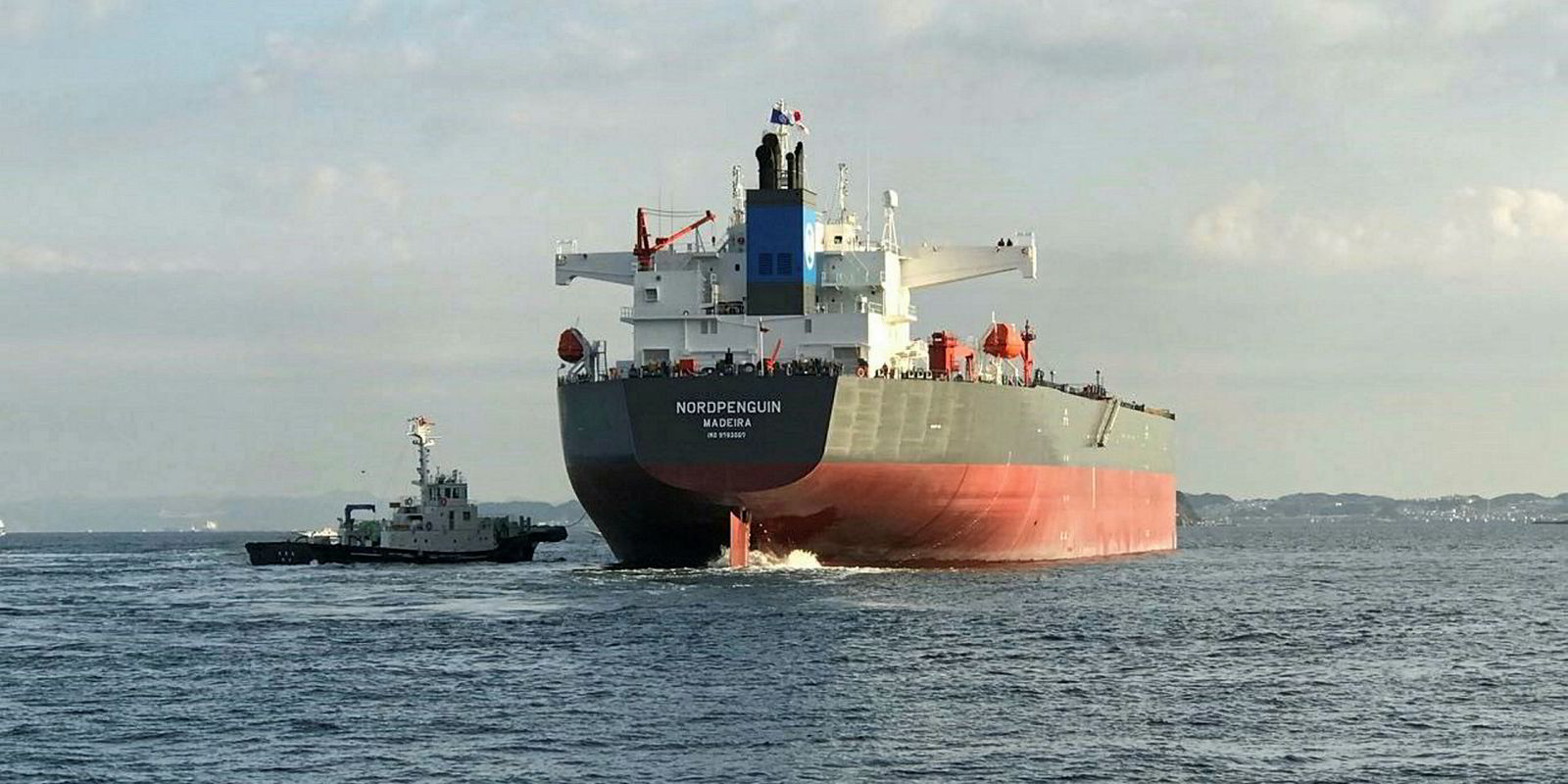Shipmanagers looking to crack the notoriously tough Greek market received a timely reminder of the challenges they face from Peter Livanos in the summer.
The GasLog chairman pulled no punches as he told a packed room at Posidonia on the top floor of the Stavros Niarchos Foundation Cultural Center that he had very, very little respect for somebody who does not feel it is worthwhile to run their own ships.

“If we have an accident, and we kill someone, it’s unbelievably costly, both morally and financially," Livanos said at the seminar organised by ABS. "The only way you can legitimately guard against that is to take full responsibility for the way you run your assets.
“At the end of the day, the accountability of having your own operations is fundamentally critical to the asset integrity that you maintain and use.”
His words, which were not lost on leading players in the third-party sector, at least partially explain why Greece ranks only fifth on a customer base for shipmanagers despite its continued lead as the world’s top shipowning nation.
Mark O’Neil, chief executive of Columbia Shipmanagement, says he does not think Livanos was attacking shipmanagers but rather urging owners to take responsibility and accountability for accidents and casualties.
However, he adds that if Livanos was saying that third-party management was of a lesser standard than direct management by the owner, such a suggestion would not stand up to scrutiny where there are no grounds to support it.

“There is simply no logic to support the proposition that a third-party manager should not be able to manage the vessels every bit as diligently and carefully as the owner, and invest the same time, resources and technology into that process [perhaps more] than the owner,” O'Neil says.
“Managers will vary in quality — but so too will owners. Both owners and managers will naturally do their level best to avoid accidents and casualties in the first place.”
Passionate views
Manish Singh, director of corporate development at V.Group, says outsourcing does bring out passionate views. However, today, he believes Greece is a more open market helped by a generational change among Hellenic shipowners. At the same time, partnerships with Greek owners have helped the company gain traction in the Mediterranean nation.

Companies such as V.Ships and Bernhard Schulte Shipmanagement have made inroads of late, increasing the number of Greek-owned vessels under management. Some Greek companies, such as Empros Lines, have also started offering such services, suggesting that demand for them is on the rise.
However, the number of Greek vessels managed by third parties remains modest compared to the overall size of the Greek market. According to data from V.Group, less than 400 Greek-owned ships are managed by third-party providers, compared to more than 1,200 Japanese-owned vessels. Shipmanagers based in Athens and Piraeus are often as busy looking after clients in nearby countries, such as Italy and Turkey, as they are in Greece itself.
Wallem Ship Management managing director David Price says while it is a traditional market, Greek owners began outsourcing technical management over 15 years ago. He adds that Wallem is looking to open an office in Cyprus in the first quarter of next year to serve Greek clients.

There is simply no logic to support the proposition that a third-party manager should not be able to manage the vessels every bit as diligently and carefully as the owner
Wilhelmsen Ship Management president Carl Schou says the younger or next generation of Greek owners have a more pragmatic view.
“They tend to look where they can get the best bang for their buck and give management to the ones who manage large fleets so you get the economies of scale, while the first generation is more [likely to] keep it in-house,” he says. “Having said that, it’s not as easy to penetrate the Greek market as it is other markets. In a few more years, I think we will see more outsourcing from Greece for sure.”
Short-term solution
However, the industry still faces one persistent problem: the vast majority of Greek owners cling on to the belief they can run their ships better than a third party. Outside managers are often viewed as a short-term solution or as experts to be tapped for their know-how and then dumped.
"Owners buying their first ships of a specific type often come to us," says an official at a third-party shipping player. "But when the size of the fleet increases, they set up their own offices and take their ships back."






